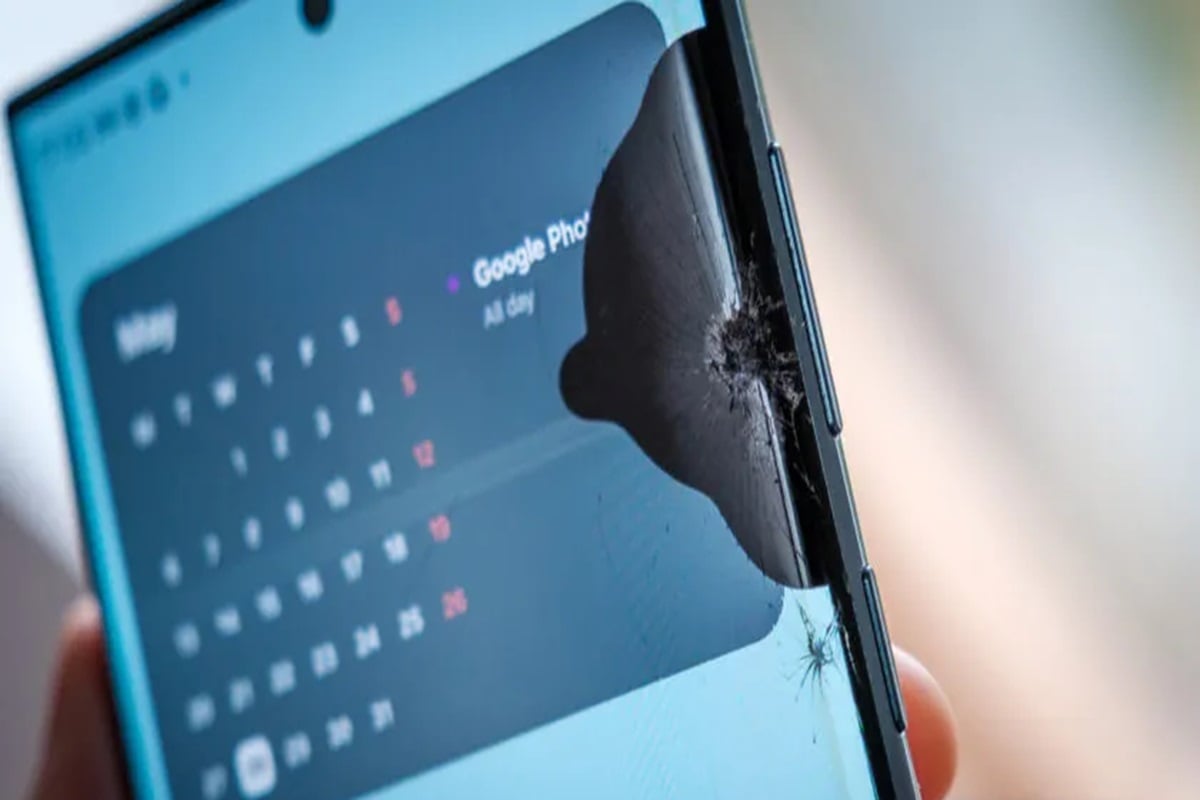Samsung’s Galaxy S24 series, launched with the promise of seven years of updates and an industry-leading AI, seemed to be a long-term investment for consumers. The company’s partnership with iFixit hinted at a more consumer-friendly approach to device repairs.

The dissolution of the Samsung-iFixit partnership, high component costs, and questionable terms in Samsung’s repair contracts have raised doubts about the company’s commitment to affordable and accessible repairs.
On the other hand, Samsung has effectively implemented its five and seven-year update policies for older phones. The recent rollout of One UI 6.1 to older devices, equipped with the latest AI features, suggests that Samsung’s older flagships will continue to deliver a fresh user experience for years to come.
This presents a contradictory scenario. While seven years of software support is commendable, the hardware of many devices may not last that long. Smartphone batteries, for instance, are known to degrade after about three years.
The crux of the issue is that long-term software support necessitates long-term hardware support, which should not be hindered by restrictive terms or exorbitant costs. It’s disheartening to see Samsung potentially adopting an approach similar to Apple’s, which is often criticized for being anti-consumer.
The prospect of expensive battery replacements or screen repairs could deter consumers from keeping their phones for seven years. If the repair process becomes too burdensome or costly, consumers are likely to opt for new devices, thereby raising the barrier to device longevity.
It’s possible that companies like Apple and Samsung are intentionally making repairs difficult and costly to offset the expenses of long-term software support. However, this strategy could backfire if customers choose to avoid repairs altogether.
Offering seven years of software updates while implementing restrictive and costly repair policies is counterproductive. It not only harms consumers but also undermines the companies’ environmental claims. Increased use of recycled packaging is insignificant if the production of new phones continues to outpace the repair of existing ones.
The smartphone industry, including giants like Apple and Samsung, still has a long way to go in creating durable smartphones and reconciling profitability with the right-to-repair. Samsung’s recent setbacks suggest that the industry’s most significant environmental challenge remains unresolved.
Leave a Reply